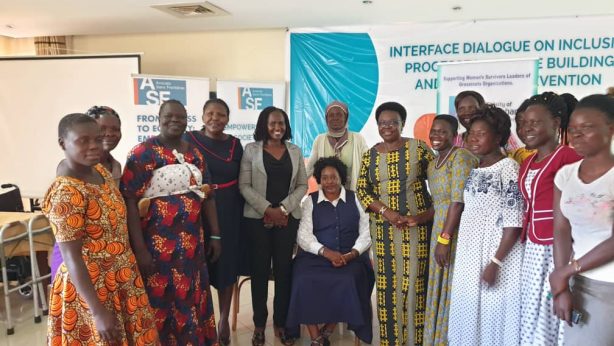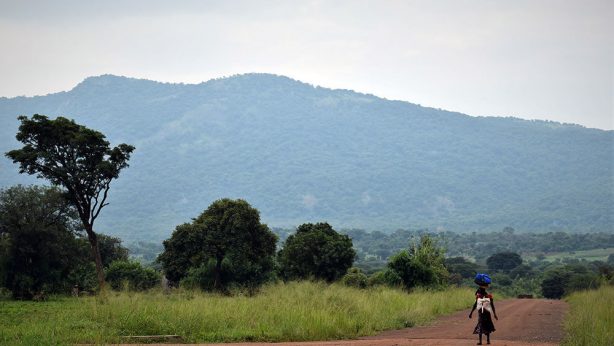GWED-G and NUHRP convenes regional dialogue on land and property rights in Acholi sub-region
On the 27th January, 2021 Gulu Women’s Economic Development and Globalization (GWED-G) and the Northern Uganda Human Rights Partnership (NUHRP) convened a regional dialogue to discuss issues relating to land and property rights in Acholi sub-region. The partnership has already conducted series of dialogues as contribution towards enhancing citizen’s engagement and involvement in the protection of individual and community land and property rights. This specific engagement is being promoted through traditional chiefs (Rwodi) as key actors in community land dispute resolution.
GWED-G and NUHRP regional dialogue on land and property rights is a preventive approach and a platform for enhancing and promoting peaceful discussions. It also provides an opportunity for local government actors, traditional and local leadership structures and the greater civil society to generate strategic and realistic approaches to protect and promote land rights of vulnerable women and men.
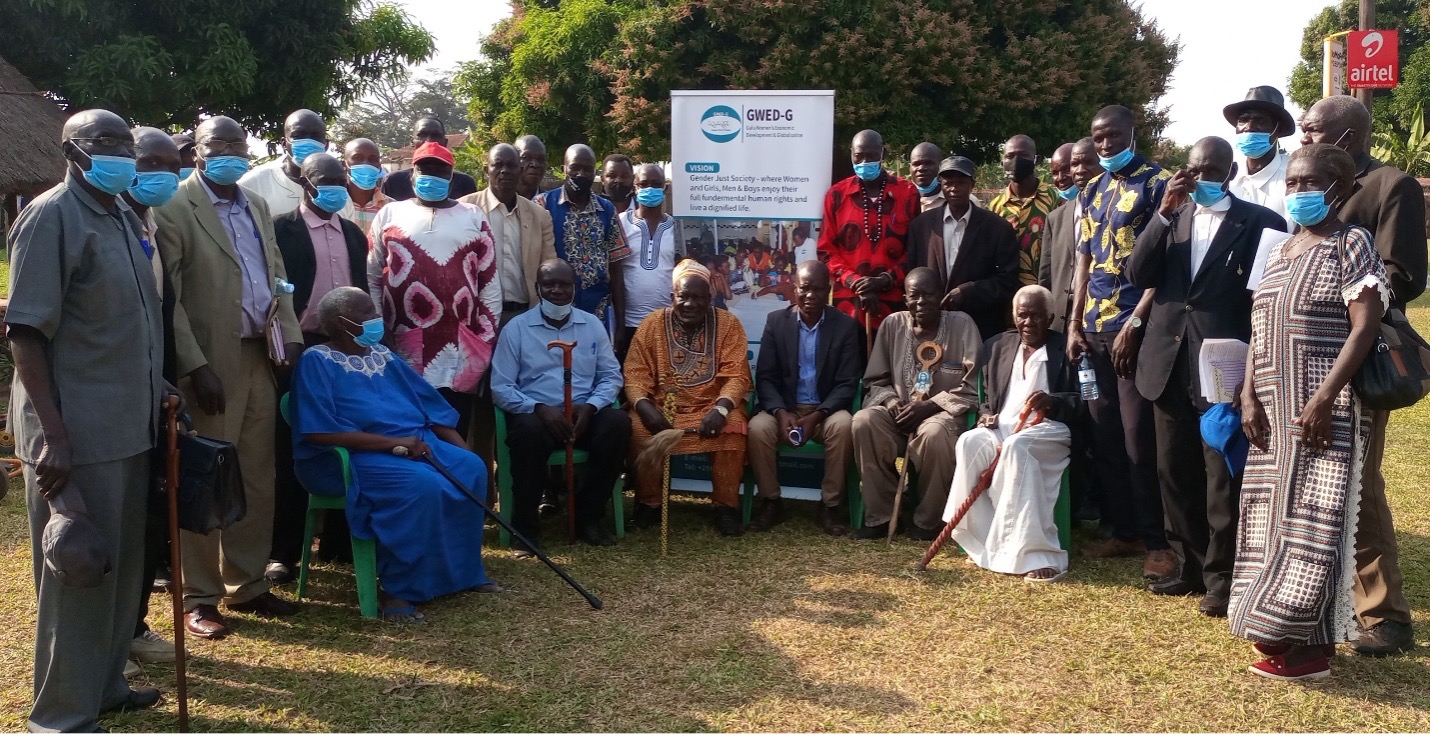
Acholi Traditional Chiefs and Women Land Mediators during the Regional Dialogue on Land and Property Rights in Acholi Sub-region on 27/01/2021 at Taks Centre – Gulu City. ©GWED-G.
The regional dialogue brought together traditional chiefs from across the eight districts of Acholi sub-region. The dialogue sessions were designed to highlight and provide space for discussions by the traditional chiefs on the current changing land dynamics amidst Covid-19. It also provided an avenue to reflect on the roles that traditional chiefs play in land dispute resolution with much focus on mediation as the best alternative to dispute resolution. During the dialogue it was stated that land disputes in northern Uganda is on the increase and continues to affect the social, political and economic capital of many individuals and families.
A number of active and unresolved land disputes and land conflict hot spots mapped during the dialogue included; the inter – tribal land disputes between Acholi and Jonam, dispute between Paraa Game Reserve and the surrounding communities, and the animal –human conflict (conflicts between man and elephants) in Nwoya districts. The Lakang and Apaa land disputes in Amuru and Adjumani district over compulsory acquisition of land for investment and district boundary respectively. The Atiak sugar factory and fire out breaks in Gulu district, the unresolved Nyimur Irrigation Scheme and Agoro border dispute in Lamwo district and the Aswa Ranch land dispute in Pader district. The land disputes are said to have resulted into forceful evictions, displacement, illegal arrests and detention, forced disappearances as well as destruction of properties.
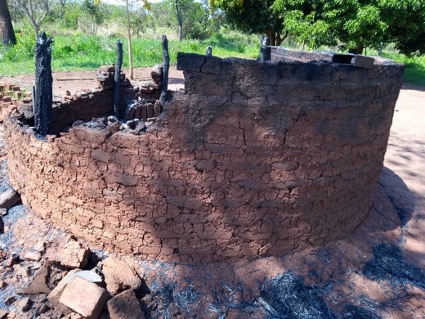
Picture of a burnt hut after an attack/invasion by unknown individuals taken by LRD in Apaa in December, 2020. ©GWED-G.
Discussions during the dialogue also enabled the traditional leaders to reflect on land tenure systems in Uganda and related clarity on land laws – which also emphasis that women are free as men to own and dispose of property/ies including land; land ownership in Acholi where; the overall custodian of customary land is the clan; at the family level the head of the family is the custodian and has the right to allocate land to individuals based upon the powers conferred upon him by the clan.
Also critical during the dialogue was discussions on the Principles and Practices of Customary Tenure in Acholi Land (Revised edition, 2013). This specific principle applies to interpretation, application, management and administration of customary land systems in Acholi. The principle stipulates that;
- Customary land rights in Acholi sub-region are derived by membership to a clan by birth.
- Marriage into a clan by a woman and more especially women who children in a clan even if are not married.
- Invitation by a clan member and subsequent settlement by a non-clan member into a clan area with prior approval or consent of the clan. It also stated that;
- A woman who is separated from the husband shall retain all the customary land rights provided she does not return to her father’s clan.
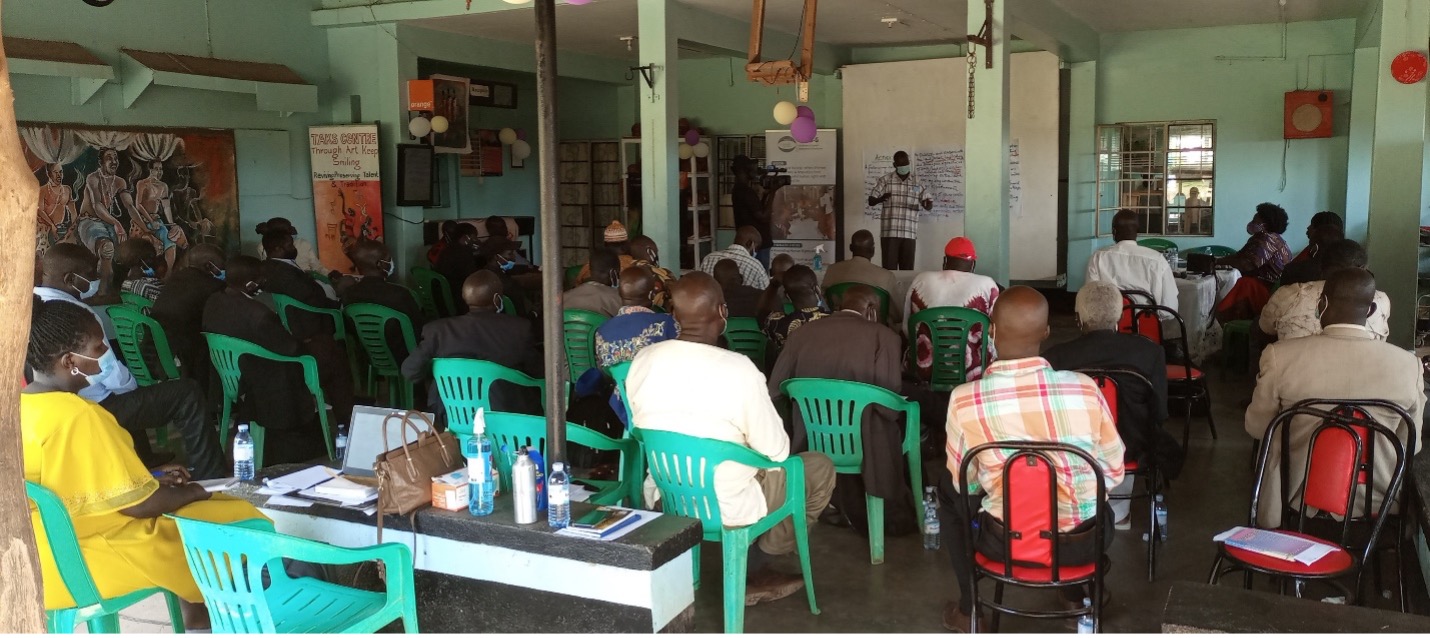
Participants present during the Regional Dialogue on Land and Property Rights held on the 27th January, 2021 at Taks Centre – Gulu City. ©GWED-G.
The principle also states that all clan members have rights to use and access communally held land subject to the customs and practices governing their access and use and management. The traditional chiefs also expressed that there is still need to discuss and agree on how to harmonize approaches and practices to land mediation, including an agreement on an agreeable mediation fee.
According to the Executive Director, Ms. Judith Pamela Angwech, engagement with traditional chiefs/leaders have been an on-going and continuous process by GWED-G since 2015. This effort has been on enhancing land rights, advocacy and institutional capacity for the protection of land rights, protection and empowerment of land rights defenders, promoting human rights, peace and inclusive governance. What remains imperative is that GWED-G is committed to continuing the process to empower traditional chiefs so that they can effectively participate in peaceful resolution of land disputes and the protection of land and property rights.


